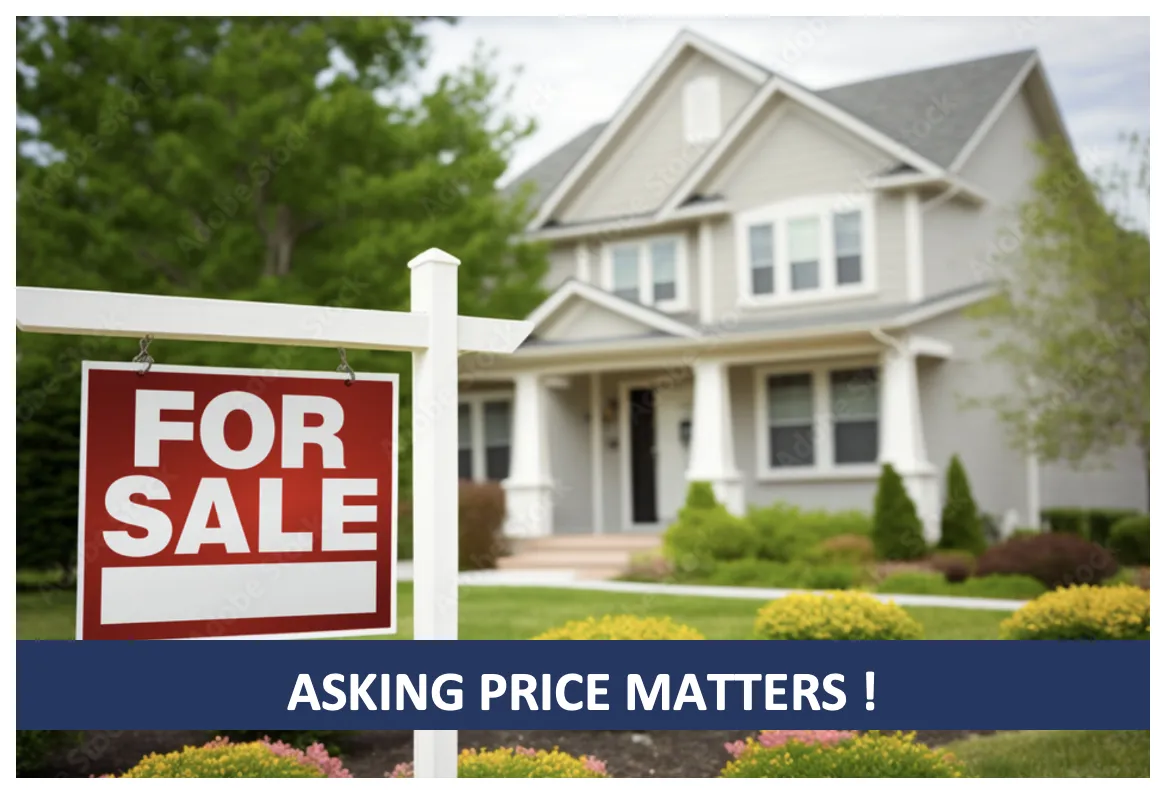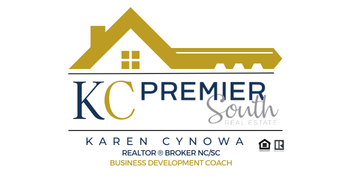Blog

Why Your Home's Asking Price Matters More Today
1. Buyers Are More Price-Sensitive
With mortgage rates still elevated compared to previous years, today’s buyers are more financially conservative. They’re calculating monthly payments carefully and less likely to stretch beyond their budget. Overpriced homes are often skipped over—no matter how beautiful they are—because affordability is top of mind.
2. Online Listings Set the First Impression
The majority of homebuyers begin their search online. If your home is priced too high compared to similar properties in the area, it may not even show up in their filtered searches. Worse, it may linger on the market and appear "stale," leading buyers to assume something is wrong with the property.
3. Overpricing Can Lead to Price Reductions (and Doubts)
If your home doesn’t get traction in the first few weeks, it usually means a price drop is coming. The longer your home stays on the market, the more likely buyers are to question its condition—or use the days on market as a negotiation tool to drive your price even lower. A well-priced home generates excitement and competition; an overpriced one often gets ignored.
4. Appraisals Must Match the Market
Even if you find a buyer willing to meet your asking price, the sale can fall through if the appraisal doesn’t support it. Most buyers rely on financing, and banks won’t approve a loan for more than what the home is worth. If your price is out of step with recent comps, you could face delays, renegotiations, or even deal cancellations.
5. The Right Price Drives Demand
When your home is priced right from the start, you attract serious buyers. This can lead to more showings, multiple offers, and even bidding wars—putting you in control of the terms and timeline. It’s not about listing low; it’s about listing smart.

Final Thoughts
In today’s market, strategic pricing is your best tool for a fast and successful sale. Partnering with an experienced real estate agent can help you evaluate local trends, analyze comparable sales, and choose a price that reflects both the market and your home’s value.
If you're considering selling your home and want a free pricing analysis, I’d be happy to help. Let’s make sure your home makes a strong first impression—and the right financial one too.





